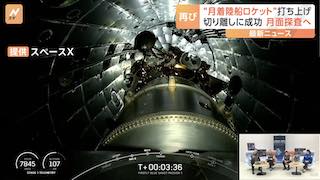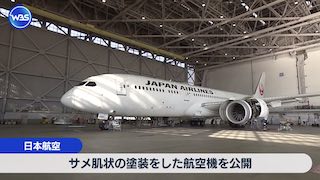May 10 (managedhealthcareexecutive.com) - Hepatocellular carcinoma (HCC) is responsible for 90% of primary liver cancers worldwide. It is most often diagnosed in people who drink excessive amounts of alcohol or have long-term liver disease from hepatitis B or C infections.
HBV and HCV are responsible for chronic liver disease, including cirrhosis and cancer, in millions of people globally. The World Health Organization estimates that more than 58 million people were infected with HCV in 2021, while the CDC says there are 1.5 million new HCV cases every year.
In the United States, liver cancer rates rose dramatically over the past several decades, although the trend has leveled off recently. This year, the ACS projects there will be 41,210 cases of liver cancers (27,980 men and 13,230 women) and 29,380 deaths.
In 2016 the WHO launched a global hepatitis strategy with the goal of reducing new hepatitis infections by 90% and deaths by 65% by 2030.
Viral hepatitis is the leading cause of HCC in Japan, which led researchers from the International University of Health and Welfare in Tokyo to evaluated patient response to antiviral therapy and its effect on the number of HCC cases in Japan.
In their introduction, Yamagiwa and colleagues reference “molecular clock analysis” that shows that hepatitis C virus infections started in the late 19th century, spread in the 1930s and have been decreasing since the mid-1990s. Hepatitis C infection took off in the Japan in the early 20th century when the use of unsterilized needles to treat schistosomiasis spread the virus. Later contaminated blood products were responsible for more infections.
Against this backdrop, Yamagiwa’s team performed a systematic review and meta-analysis of observational studies on antiviral therapy for chronic hepatitis C and the risk of HCC occurrence in the Japanese population. ...continue reading














